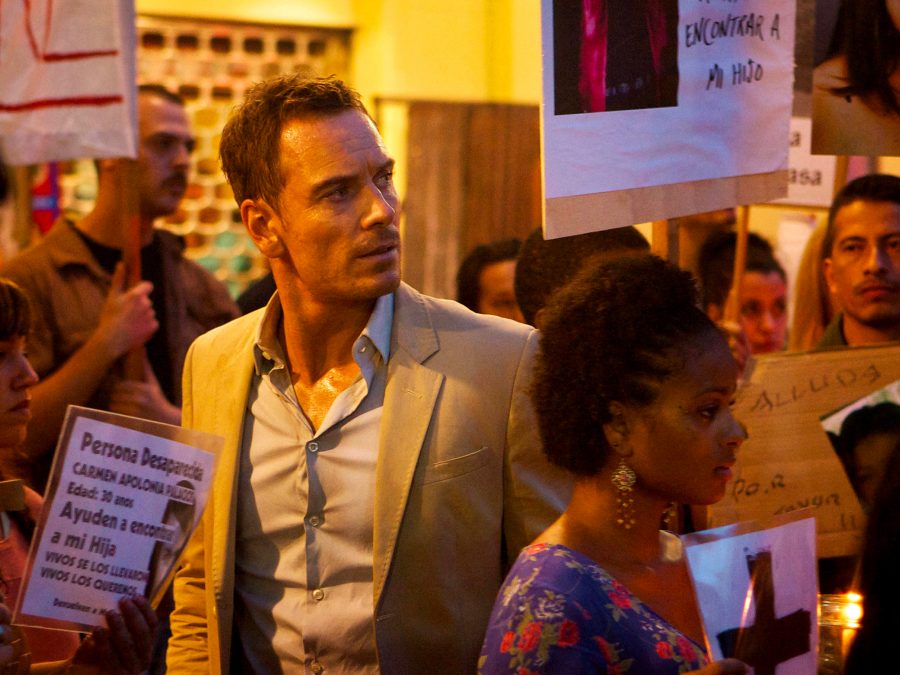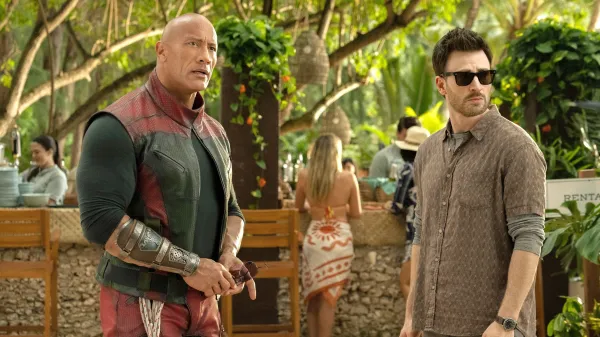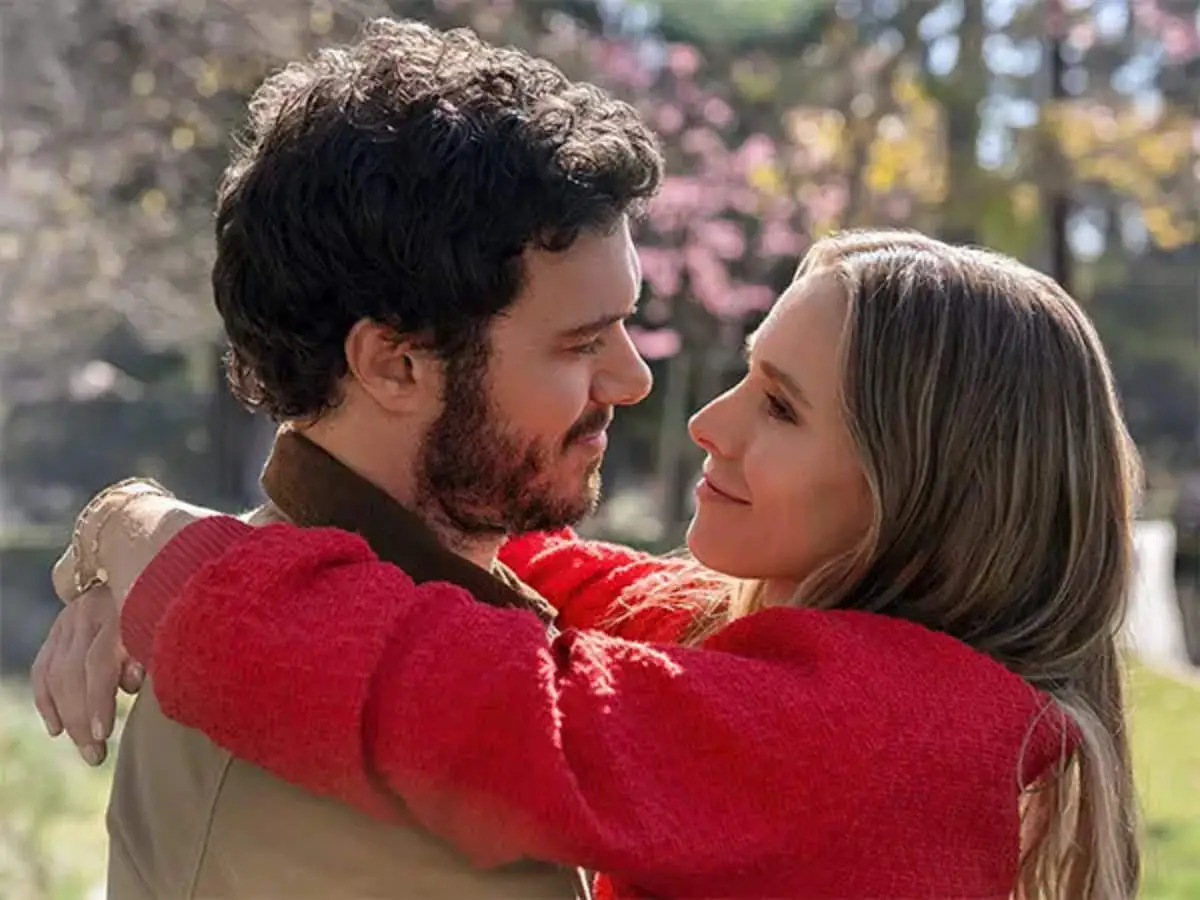“See the child,” Cormac McCarthy instructs us in the first line of his novel ‘Blood Meridian’. Similarly, in the opening scene of 2013’s The Counselor, McCarthy – through director Ridley Scott’s lens – commands the regulars to witness the playful intimacy of the titular counselor (Michael Fassbender) and his love, Laura (Penélope Cruz). He puts desire in front of us from the beginning, and over the next two hours offers a powerful thesis on desire and the inevitability of its companion: consequence.
As McCarthy’s only produced script for a full-length film, The Counselor remains a fascinating and rich experiment from one of America’s most lauded novelists. In it, he pens a grim parable well-nigh greed and its repercussions. While the mucosa overtly comments on its themes, there is something deeper at work, something that directs us, as McCarthy does in the opening scene, to peer increasingly closely at the subconscious motivations and logic driving the narrative.
The unnamed Counselor has big dreams for a grandiose life slantingly a radiant wife. Those dreams, we discover early on, cannot be satisfied by his presumably healthy paycheck. Debt and financial irresponsibility are hinted at. The Counselor, with assistance from his unthrifty friend Reiner (Javier Bardem) and his savvy contact Westray (Brad Pitt), seeks a solution in the drug trade.
Their plan is to purchase an immense value of cocaine from a shoestring – the wangle to which is made possible by ongoing drug wars – and redistribute it without it comes wideness the verge sealed in a septic truck. Scenes of the truck stuff prepared are an unsubtle reference to the merchantry the three men have entered, but as something repulsive to law enforcement, the hush-up is a user-friendly way to alimony the plot moving.
Throughout the mucosa the desire and greed and lust (particularly of the Counselor and Reiner) are all framed as choices. Outwardly, this is true, plane when they are disguised as desperation. “My back’s versus the fucking wall,” the Counselor complains as he cuts lanugo the highway in a Bentley – an ironic flourish. But underneath the surface, there is no choice. The Counselor and Reiner cannot help but act the way they do. Long surpassing the film’s events, they’ve wonted greed, and it has driven their decisions as if they were on autopilot. Their quest for increasingly is not an indulgence; it has wilt ingrained, primal.

The fact that everything that occurs in the mucosa is the product of some long-along embrace of greed is alluded to later by Reiner himself. His partner Malkina (played by Cameron Diaz) asks him, “Greed really takes you to the edge, doesn’t it?” Reiner responds, “That’s not what greed does. That’s what greed is.” And so the Counselor, Reiner, and Westray embark on this dangerous venture – one promising a rate of return so far vastitude what is legally reachable that it reads scrutinizingly comically.
Unlike the shrewd Westray, the Counselor and Reiner do not understand the risk, let vacated the true consequences, of their endeavour. Neither of them can handle it. At a polo club, a former colleague mocks the Counselor’s thin skin; at their home, Reiner’s preference for wait over visualization is tabbed out by Malkina. Though Reiner is presumed to have some wits in this dangerous, unpredictable economy, he is wholly unprepared to engage the flip side of his greed.
The decapitation of a high-speed biker nicknamed the Green Hornet (Richard Cabral) occurs at scrutinizingly the word-for-word halfway point of the mucosa and marks the transition from desire to consequence. His killer, the unnamed Wireman (Sam Spruell), empties the biker’s helmet and secures his prize: a device that enables the theft of the truck delivering the drugs.
We learn the Wireman is working for Malkina in a sinister conspiracy to steal from Reiner and company, but – unknown to Malkina and the Wireman – the stolen device moreover alerts the shoestring and initiates a relentless, violent effort to retrieve their cargo.
Like in McCarthy’s ‘No Country for Old Men’, to touch this world, to plane graze it, is to invite consequences. As we move through the when half of the mucosa and understand increasingly tightly the logic of the cartel, we realize that nothing in this realm of drugs and violence exists that isn’t a product of desire and consequence. There is no happenstance. Westray remarks as much: “They [the cartel] don’t really believe in coincidences. They’ve heard of them. They’ve just never seen one.” Like the inner workings of a watch, one whoopee begets another.
The shoestring responds swiftly, and Laura is then kidnapped in an airport parking lot on her way to meet the Counselor. The cocaine is retrieved by the shoestring pursuit a shootout. The Counselor, drastic to retrieve Laura, reaches out to the shoestring directly to plead for her life. Jefe, the man he speaks with, provides what is ostensibly the point of the film: that “Actions create consequences which produce new worlds,” and that “The choosing was washed-up a long time ago.”
The Counselor is left alone, in a hell of his own megacosm – an ultimate result fitting with McCarthy’s other work. Westray escapes to London, having slipped the cartel’s vengeance, but Malkina has pursued him there. In the sparsity of Reiner, he is now her prey.
At the film’s conclusion, we find Malkina having seemingly got what she wanted. She has money and a plan to protract her lifestyle, all while unburdened by guilt; in her mind, an platonic scenario. But each weft surpassing her had expressed a similar hubris, plane Westray, who was so confident he could disappear and escape judgment. Knowing what we know, having seen what we’ve seen, it’s unlikely Malkina survives long. Her wholesaler friend in London notes that her “name may come up” – a spooky threat attaching her to all she’s wrought.
Malkina touches on that possibility in the final lines of the film, musing that “the slaughter to come is probably vastitude our imagining.” And if, in those final moments, she breaks her self-imposed oath to never hope for anything – plane to live – it’s irrelevant. She has welcomed the world of McCarthy’s making, one indifferent to regret or reparation, delivering only consequence.
Little White Lies is single-minded to championing unconfined movies and the talented people who make them.
By rhadamanthine a member you can support our self-sustaining journalism and receive sectional essays, prints, weekly mucosa recommendations and more.







.webp)

.jpg)


